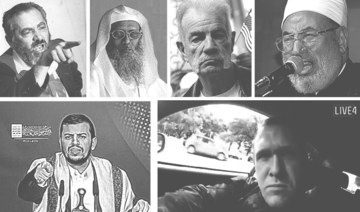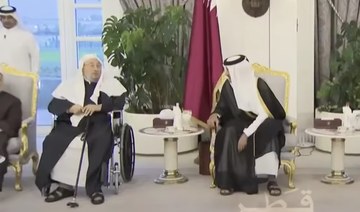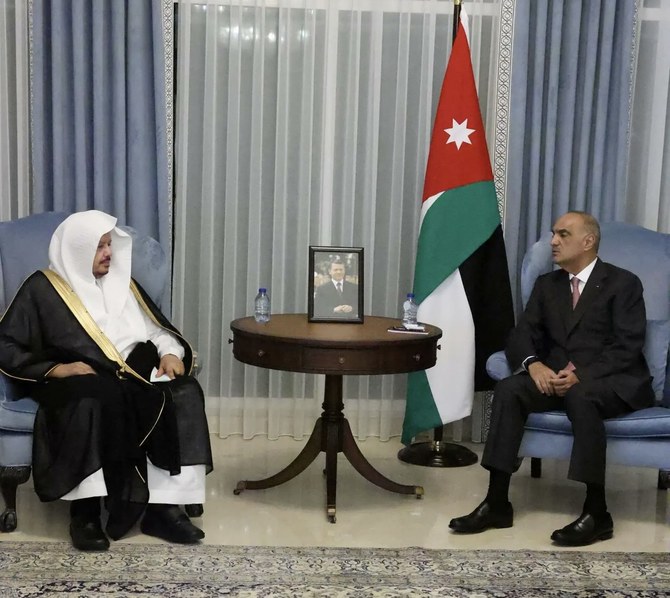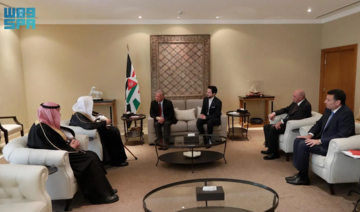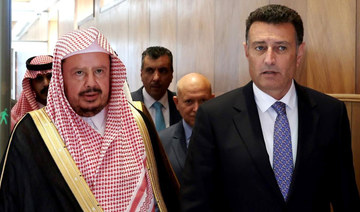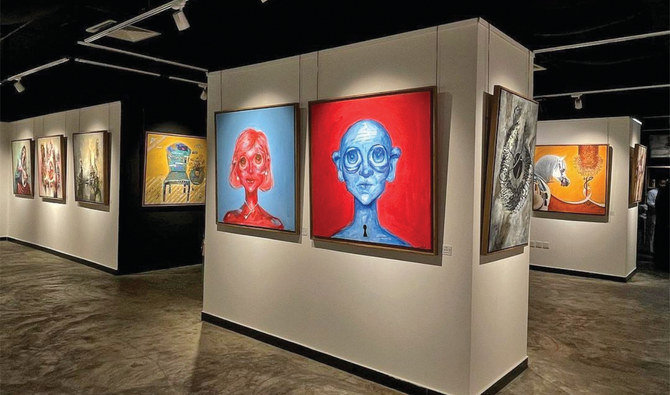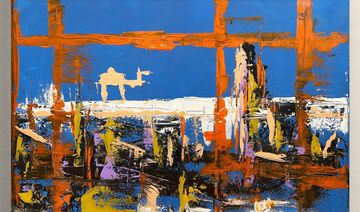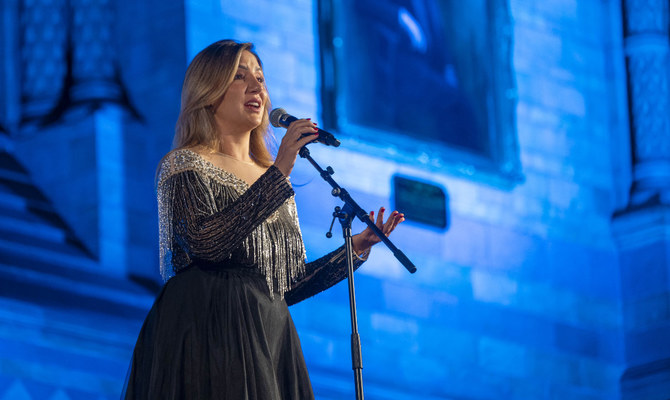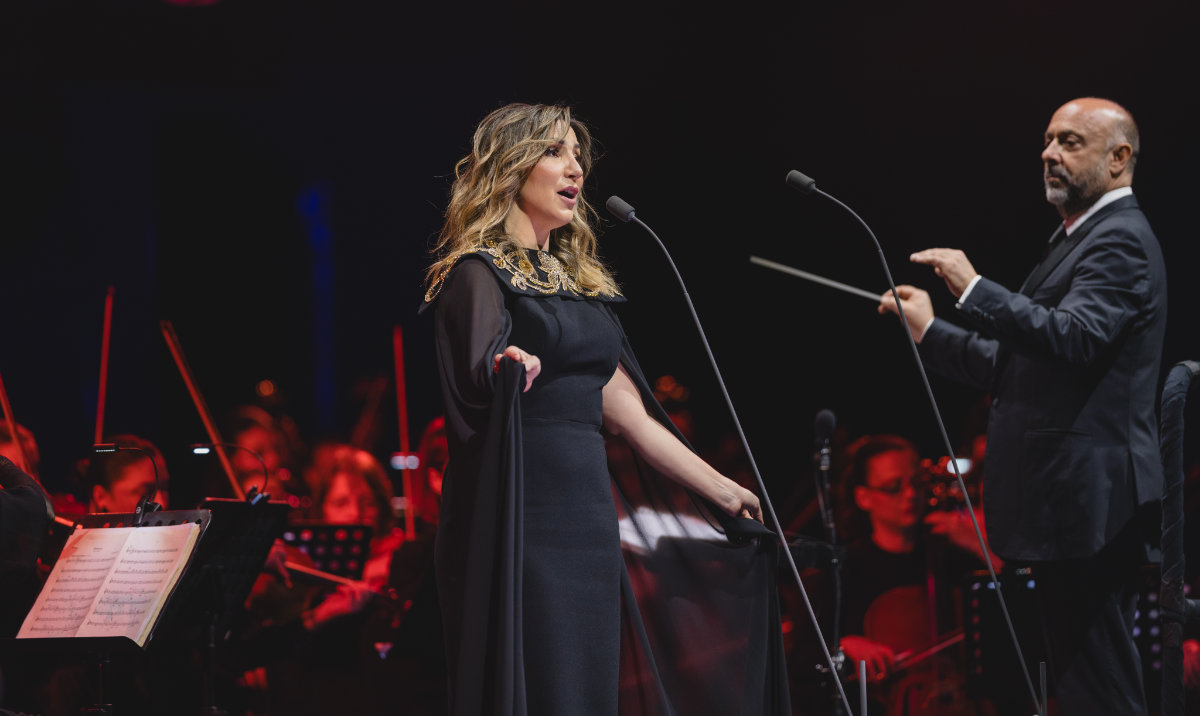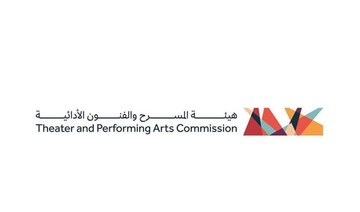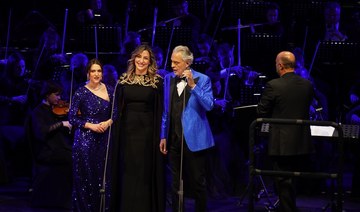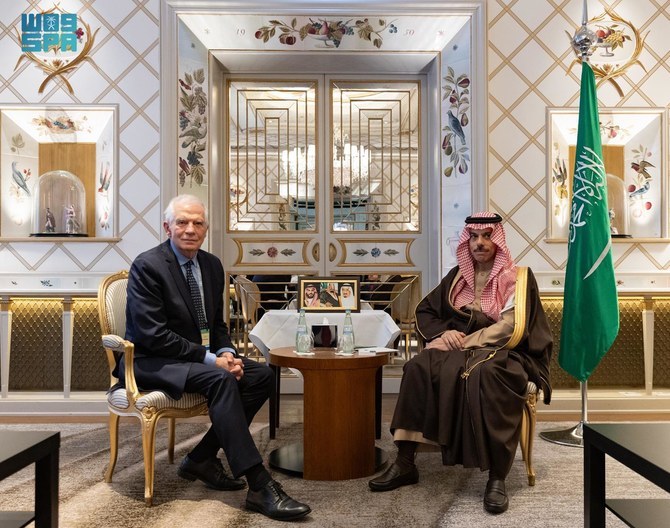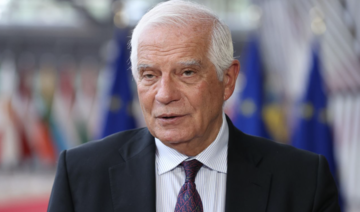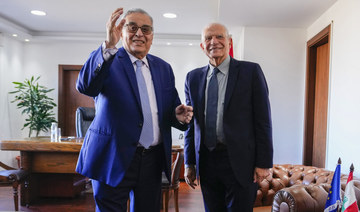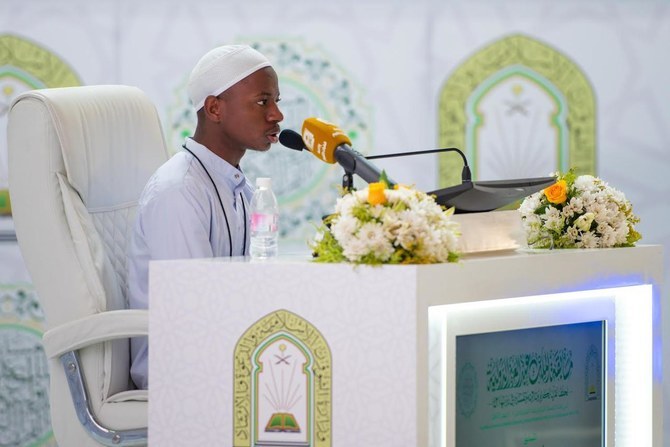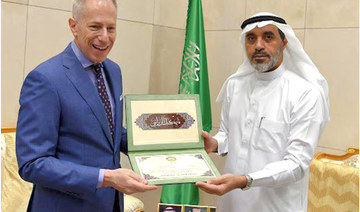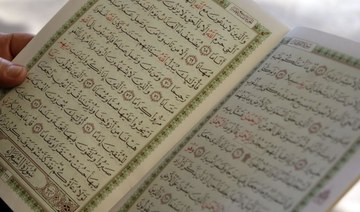Detained in August 2018, Saudi hate preacher Nasser Al-Omar was a vigorous opponent of modern ideas in the Islamic world, and of intermingling between Muslims and non-Muslims.
He issued many fatwas (religious edicts) that placed curbs on the rights of women. He is known for his continued affiliation with the Muslim Brotherhood, a group designated as terrorists by many countries around the world.
Al-Omar is a member of the Muslim Scholars Association, spearheaded by Qatar-based Yusuf Al-Qaradawi, one of the preachers of hate profiled by Arab News.
BIO
Nationality: Saudi
Place of Residence: Riyadh, Saudi Arabia
Occupation: Cleric, member of the Muslim Scholars Association, head of the International Association of Tadabbur Al-Quran
Legal Status: Detained in Saudi Arabia since August 2018
Medium: Twitter, Al-Moslim website, books and interviews
Al-Omar opposed the presence of US troops in Saudi Arabia during the 1991 Gulf War that liberated Kuwait from Iraqi occupation.
Born and raised in the village of Al-Moraidasiih in the Saudi region of Qassim in 1952, he completed his schooling in Riyadh’s Methodical Institute in 1970 before pursuing a degree from the Shariah faculty at Imam Muhammad bin Saud Islamic University in Riyadh in 1974. He was appointed a lecturer soon after, and pursued his high education from 1979 to 1984.
“It isn’t permissible for Muslims to join the Christians in their festivals with any kind of participation, whether congratulating them, giving gifts to them, attending their celebrations, celebrating them, honoring them or any other form of participation.”
Hate preacher Nasser Al-Omar
He spoke in support of child marriage in an article he wrote in March 2012, titled “About the Marriage of Young Girls.” He said prohibiting girls from marrying before they reach the age of 18 could “lead to many evils because it does not appreciate the situation of girls under this age, who may feel strong passionate desires, and their parents want to protect them by marrying them off.”
Al-Omar added that those against child marriage are “arrogant” and should look at the West, where pregnancies at a young age are “proven and registered, and some of them are in primary school!”
He said: “It is strange that if a 12-year-old girl was divorced in Yemen, they make a lot of fuss … But if a 10-year-old child has a baby in the West … they celebrated the youngest father, and the State provided care and gear!”
Dr. Hani Nasira, an author and expert on ideological movements, said Al-Omar “sometimes reverts to forgery, fabrication, or transmitting false stories and tales.”
Al-Omar has dubbed women’s sports facilities “the greatest means of corruption,” forbidding them “because it leads to many evils that do not compare to the desired benefits.”
He opposed the rewriting of Saudi religious schoolbooks to remove anti-Western and anti-Jewish teachings.

In 2005, a question was posted on his website after Pope John Paul II’s death, asking if it was permissible to curse him as many Muslims were mourning him. Al-Omar replied: “As for cursing him, it is permissible to curse those who have died as infidels … His service to his religion is the dissemination of infidelity, polytheism and the war against Islam.”
Al-Omar prohibited Muslims from celebrating with or congratulating Christians on their holidays.
“It isn’t permissible for Muslims to join the Christians in their festivals with any kind of participation, whether congratulating them, giving gifts to them, attending their celebrations, celebrating them, honoring them or any other form of participation,” he said.
Opinion
This section contains relevant reference points, placed in (Opinion field)
While Al-Omar deemed traveling to “infidel” countries for medical treatment, advocacy, relief work and education acceptable, he wrote on his website that “if travel is for tourism, and the traveler thinks that it is likely that he will fall into sin, the journey is prohibited.”
He added: “As for travel to commit sin and visit forbidden places and night clubs, it is forbidden, and this is a sinful journey.”
Al-Omar said: “I advise not to travel abroad unless it is a travel of obedience, necessity or urgent need, provided there is no danger of temptation, and that there is a determination to stay away from forbidden acts, otherwise his country is better for him (the traveler).”
When asked on his website about Muslims taking a foreign nationality, he said it was “not permissible for Muslims to travel to the land of the infidels to stay there except for a necessity or a pressing need,” and “living amongst the infidels is forbidden.”
He added that “it is also not permissible to obtain the nationality of the infidel countries except for those who are forced to do so.”
Nasira said Al-Omar “only advocates hatred,” and his stances include opposing the liberation of Kuwait, rejecting the idea of citizenship for Shiites in Saudi Arabia, and “his ridiculous fatwas banning honeymoons, or tourism and visits to what he called ‘infidel countries’.”
Al-Omar’s fatwas, published works and videos are available on his website and his personal Twitter account, which has 6 million followers.






